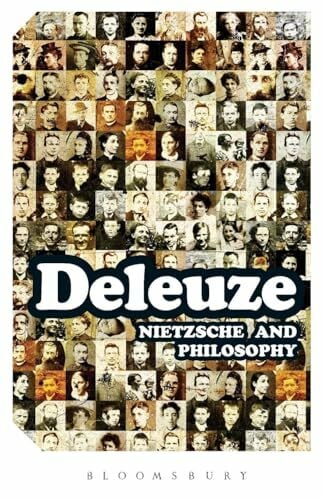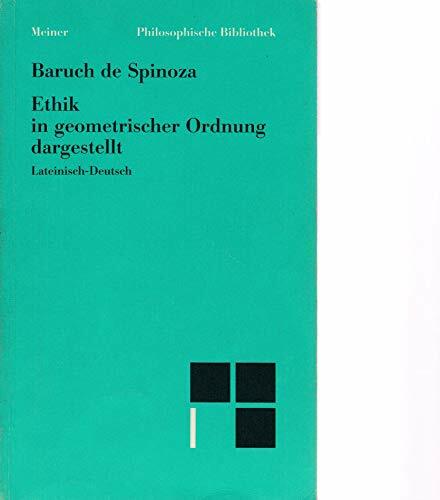
Levinas Between Ethics and Politics
Kurzinformation
inkl. MwSt. Versandinformationen
Artikel zZt. nicht lieferbar
Artikel zZt. nicht lieferbar

Beschreibung
The act of thought-thought as an act-would precede the thought thinking or becoming conscious of an act. The notion of act involves a violence essentially: the violence of transitivity, lacking in the transcendence of thought. . . Totality and Infinity The work of Emmanuel Levinas revolves around two preoccupations. First, his philosophical project can be described as the construction of a formal ethics, grounded upon the transcendence of the other human being and a subject's spontaneous responsibility toward that other. Second, Levinas has written extensively on, and as a member of, the cultural and textual life of Judaism. These two concerns are intertwined. Their relation, however, is one of considerable complexity. Levinas' philosophical project stems directly from his situation as a Jewish thinker in the twentieth century and takes its particular form from his study of the Torah and the Talmud. It is, indeed, a hermeneutics of biblical experience. If inspired by Judaism, Levinas' ethics are not eo ipso confessional. What his ethics takes from Judaism, rather, is a particular way of conceiving transcendence and the other human being. It owes to the philosophy of Franz Rosenzweig and Martin Buber a logos of the world and of the holy, which acknowledges their incom mensurability without positing one as fallen and the other as supernal.
Produktdetails

So garantieren wir Dir zu jeder Zeit Premiumqualität.
Über den Autor

- Kartoniert
- 152 Seiten
- Erschienen 2005
- Meiner, F

- Kartoniert
- 354 Seiten
- Erschienen 2012
- Meiner, F

- paperback
- 160 Seiten
- Erschienen 2009
- Urs Engeler

- paperback
- 259 Seiten
- Erschienen 2013
- Nomos

- hardcover
- 289 Seiten
- Erschienen 2012
- Times Books

- Kartoniert
- 612 Seiten
- Erschienen 2015
- Meiner, F

- paperback
- 192 Seiten
- Erschienen 2020
- Polity

- paperback
- 646 Seiten
- Erschienen 1979
- Wissenschaftliche Buchgesel...

- Kartoniert
- 513 Seiten
- Erschienen 1970
- Meiner, F

- Kartoniert
- 304 Seiten
- Erschienen 2017
- Mohr Siebeck

- Kartoniert
- 339 Seiten
- Erschienen 2019
- Meiner, F


































